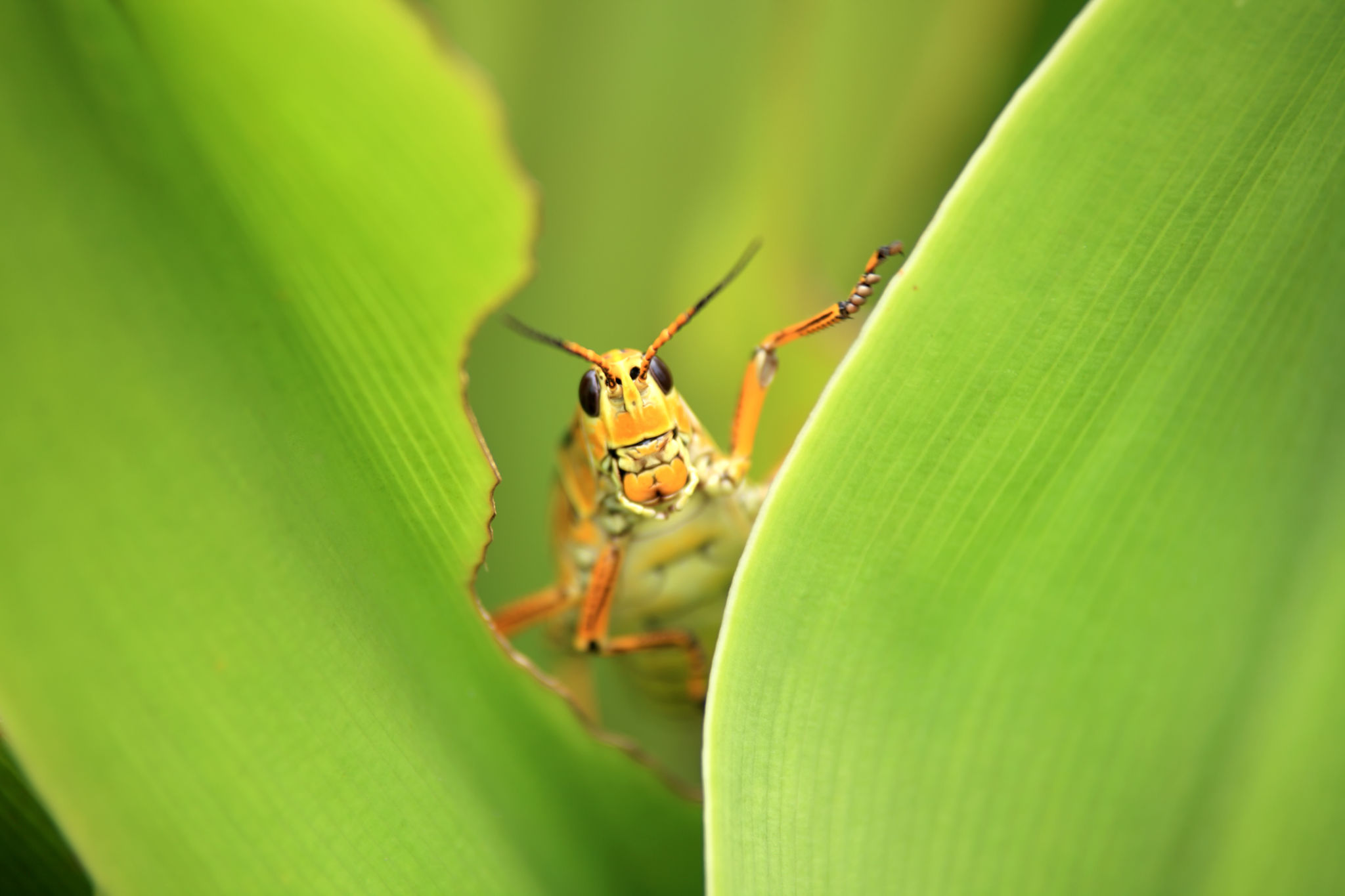Seasonal Lawn Care Tips for Trenton Homeowners: Preparing for Spring and Summer
Understanding Your Lawn's Needs
As the snow melts and temperatures rise, Trenton homeowners need to start thinking about how to prepare their lawns for the warmer months. Each season brings unique challenges and opportunities for lawn care, and understanding these can be the key to a lush, vibrant yard. Spring and summer are particularly crucial as they set the stage for your lawn's health throughout the year.

Spring Cleaning and Lawn Assessment
Spring is the perfect time to give your lawn a fresh start. Begin by clearing away any debris such as fallen branches, leaves, and thatch that may have accumulated over the winter months. This will not only make your yard look tidy but also allow sunlight and nutrients to reach the grass more effectively.
Once the lawn is clear, assess any damage caused by winter weather. Look for brown patches or areas where grass is sparse. These might need reseeding or additional care to ensure a full recovery. Early detection and action can prevent more significant issues later in the season.
Soil Testing and Fertilization
A healthy lawn starts with healthy soil. Conduct a soil test to determine the pH levels and nutrient deficiencies that may be affecting your grass. Based on the results, you can choose the right type of fertilizer to enrich your soil. Typically, a balanced fertilizer with nitrogen, phosphorus, and potassium will help promote strong root growth and lush, green foliage.

Apply fertilizer in early spring to give your lawn a boost as it begins to grow actively. Be careful not to over-fertilize, as this can lead to excessive growth that stresses the grass and makes it more susceptible to disease.
Mowing and Watering Practices
Mowing is an essential part of lawn care, but it's crucial to do it correctly. Set your mower blades to a higher setting during spring, as cutting grass too short can stress it and hinder growth. As summer approaches, you can gradually lower the setting. Remember to keep mower blades sharp to ensure clean cuts that promote healthy grass.
Watering is another critical aspect of lawn care. In general, lawns require about one inch of water per week, either from rainfall or supplemental irrigation. Water deeply but infrequently to encourage deep root growth, which helps grass withstand summer droughts.
Weed and Pest Control
Weeds and pests can quickly become a major problem if not addressed early in the season. Start by identifying common weeds in your area and applying pre-emergent herbicides to prevent them from taking root. For existing weeds, spot treat with post-emergent herbicides or consider manual removal for smaller infestations.

Pests like grubs and chinch bugs can also wreak havoc on your lawn. Keep an eye out for signs of pest activity and apply appropriate treatments as needed. Integrated pest management strategies, which combine biological, cultural, and chemical controls, can be particularly effective in maintaining a healthy lawn ecosystem.
Seasonal Adjustments for Summer
As spring transitions into summer, adjust your lawn care practices accordingly. Increase mowing frequency as grass growth accelerates, and continue monitoring for weeds and pests. Pay attention to weather patterns; during dry spells, you may need to increase watering frequency to prevent drought stress.
Consider aerating your lawn in late spring or early summer if soil compaction is an issue. Aeration helps improve air exchange between the soil and atmosphere, enhances water uptake, and strengthens roots.
Conclusion: Commitment to Consistency
Achieving a beautiful lawn requires consistent effort throughout the spring and summer months. By following these seasonal lawn care tips, Trenton homeowners can ensure their yards remain healthy and attractive all year long. Remember, a well-maintained lawn not only enhances curb appeal but also provides a welcoming outdoor space for relaxation and recreation.

